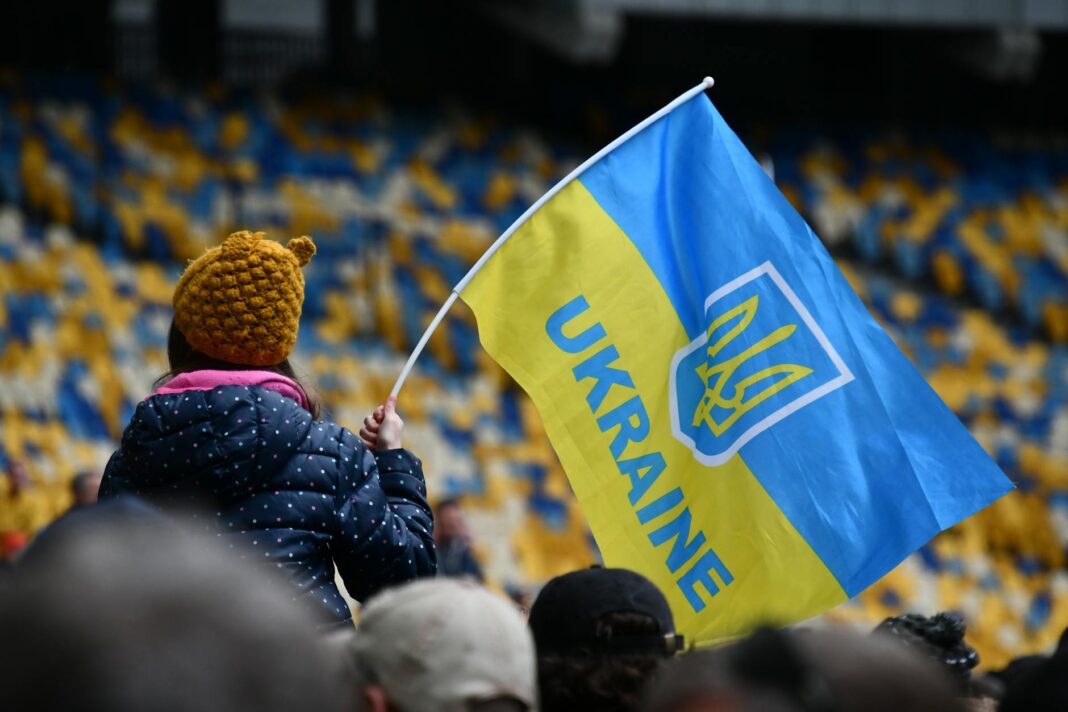King Charles III’s Subtle Nod to Ukraine
In a moment that many observers found intriguing, King Charles III delivered a speech that gracefully sidestepped the complexities of geopolitics while still managing to mention Ukraine. This fleeting reference, though small, has sparked discussions about the UK’s soft power and its ability to influence global narratives, particularly in the context of U.S. politics.
The Importance of Soft Power
Soft power refers to the ability of a country to shape the preferences and actions of others through attraction and persuasion, rather than coercion or force. The UK’s historical ties with Ukraine and its ongoing support amidst a tumultuous geopolitical landscape have positioned it as a significant player in promoting stability and reform in Eastern Europe. King Charles III’s mention of Ukraine can be seen as an attempt to reinforce this narrative of the UK as a benevolent influencer in international affairs.
Implications for U.S. Relations
With the U.S. political landscape increasingly influenced by figures such as Donald Trump, the UK’s subtle diplomatic gestures take on added importance. Trump’s past comments have raised questions about his commitment to supporting Ukraine, a nation grappling with external aggression and internal challenges. By highlighting Ukraine, King Charles III may be subtly reminding American political leaders of the moral and strategic imperatives that underpin support for Kyiv. This could serve as a gentle nudge to encourage a more consistent U.S. foreign policy approach that aligns with British interests.
A Strategic Move in a Changing World
King Charles III’s mention of Ukraine is not merely a ceremonial gesture; it reflects the UK’s strategic recalibration in a world where soft power is increasingly vital. As global dynamics shift, the ability to maintain influence through cultural ties, shared values, and moral leadership becomes paramount. This moment underscores the role of the monarchy in shaping public discourse and international relations, particularly as the UK navigates its post-Brexit identity on the global stage.
Conclusion
In a world where hard power often dominates headlines, King Charles III’s understated reference to Ukraine serves as a reminder that soft power, when wielded effectively, can resonate deeply. It emphasizes the necessity for the UK to engage diplomatically and culturally in a manner that reinforces its position and values on the international front.
Questions
How significant is soft power in today’s geopolitical landscape?
What role does the monarchy play in shaping contemporary UK foreign policy?
Can the UK effectively influence U.S. policy towards Ukraine in the current climate?

